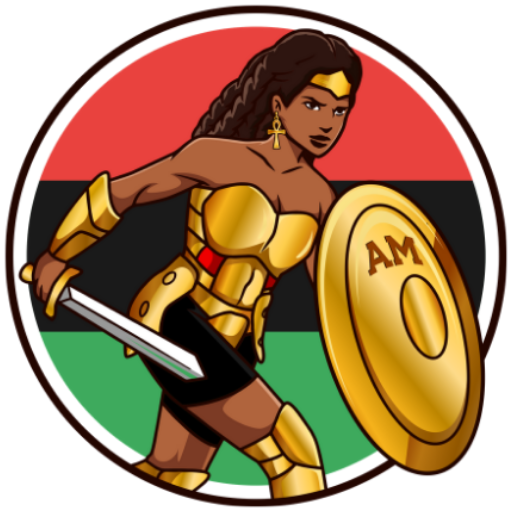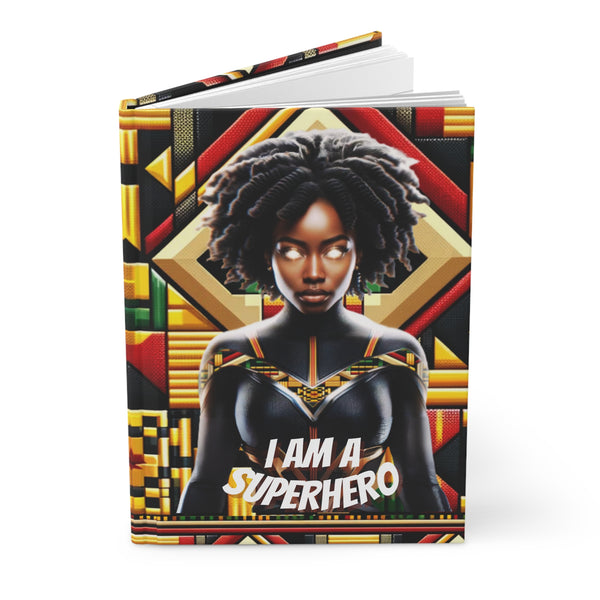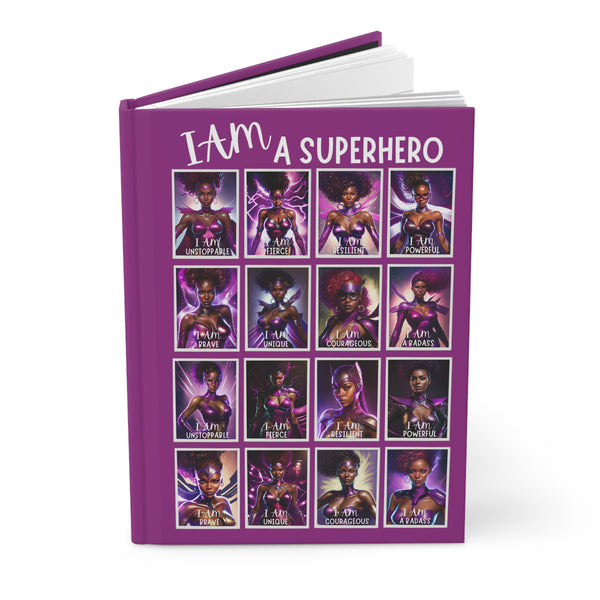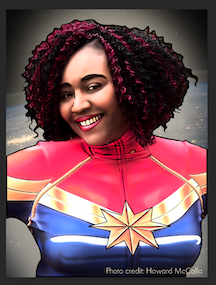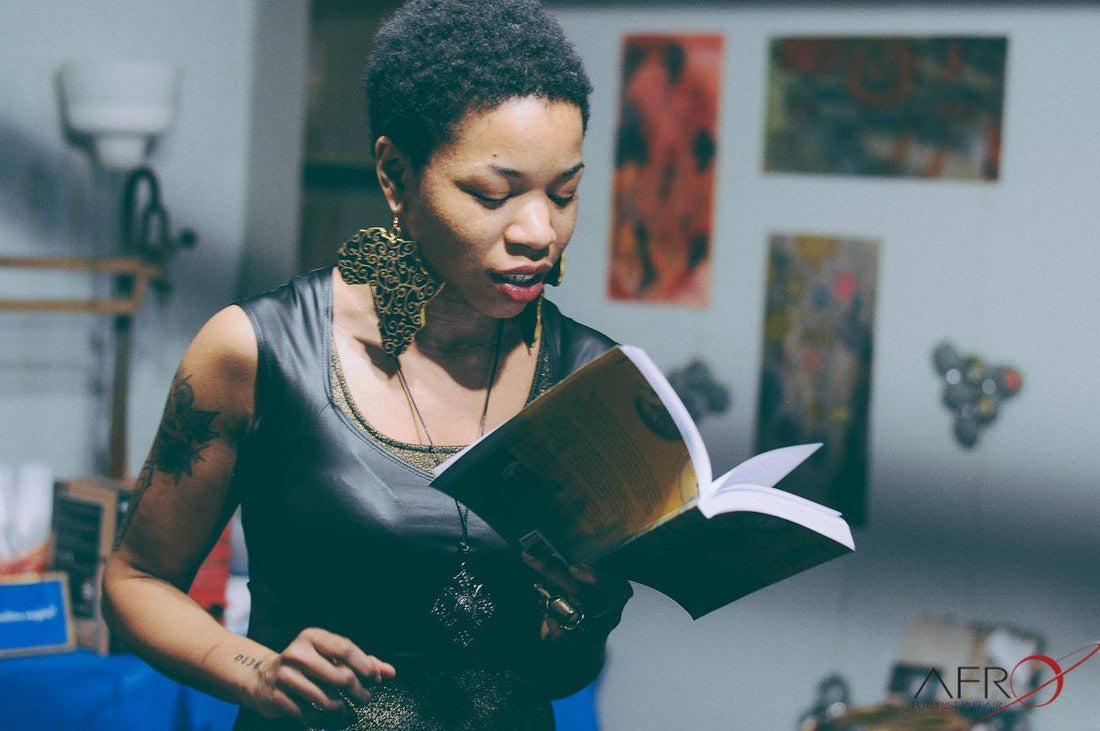
Guest Fest: Rasheedah Phillips Discusses her Debut Novel and Black Motherhood
Share
Why did you decide to use the theme of intergenerational poverty?
As an attorney representing low-income tenants living in public housing, intergenerational poverty is something that I witness daily in both my work and my community, and something I have had personal experiences with. It felt both natural and necessary to weave those topics into my stories, which are speculative re-tellings of real life experiences. Outside of the context of politics and policy, where they are spun and distorted, these complicated tales of intergenerational poverty are rarely heard and rarely analyzed. .
Part of the reason why cycles of poverty and trauma perpetuate and repeat because these stories are rendered invisible, go unacknowledged, or are manipulated to suit particular agendas. This theme is an illustration of the ways in which our collective and personal pasts continue to affect us, how we reinforce or manifest negative and positive cycles of experience both in our personal lives and within the larger communities and societies that we participate in, and how we can break or shift these cycles. Fiction, and science fiction in particular, is uniquely suited, with a special language and lens, to tell these tales using raw, lived experiences, and helpful in figuring out the root causes of these issues.
Does your set of shorts, in your eyes, reflect Afrofuturistic feminism or Afrofuturistic womanism or neither?
I was not consciously claiming either feminist or womanist ideologies in writing the stories, but the book definitely seeks to tell the stories and experiences unique to Black women, from a speculative, afrofuturistic point of view. I sought to explore particular intersections of experience that are often missing from mainstream narratives of science and speculative fiction. I wanted to highlight the story of a teen mother, the story of a kid who grew up in foster care, the story of a first generation college student, the story child caught up in the justice system - and how these everyday, real world experiences parallel, or better yet, seamlessly blend into a science fictional world. The sheer weirdness of the societal institutions that we are apart of and how they impact our lives.
Because identities are political in and of themselves, and because my characters stand at the intersections of several identities, you could say the stories involve feminist or womanist concerns. However, these characters, in most circumstances, don’t necessarily have the time, space, or privilege to pick an ideology before they respond to a situation. I also believe that certain ideologies, fully ingrained and integrated into our being, are often unconsciously played out in our actions. Like cycles, they often go unrecognized or unspoken, though they inform how we interact with the world.
Ultimately, I would like to leave it up to the reader to assign those particular lenses, if they find that there. I like the idea of each reader transforming the meaning of the text by their involvement in reading it, and by the act of bringing their own context and experiences to the text.
I love that your science of time travel feels magical and connected to historical objects. In the traditional senses, historical objects help us to reconnect to our ancestors, was that your hope?
Yes, the novel explores the everyday ways in which we “time travel,” simply by touching and interacting with everyday objects. Objects are artifacts of memory and meaning, storing up energy, energy which is neither created nor destroyed in the larger universe. These artifacts of memory tell events as they actually happen, as they have been experienced, while the history that we read about in books are only subjective representations of what historians believe is crucial to remember.
I believe that Black folk need to be more in touch with our cultural and historical artifacts. These artifacts, these puzzle pieces of ourselves and our cultural heritage, are mostly inaccessible, whether they sit in a museum, in the private collection of a wealthy person, have been destroyed, or have yet to be unearthed. We tend not to remember our deeper cultural history, and we believe ourselves to be sure of those things we are taught in school and in history books. If we had access to the objects of our history, living with us and within our reach, we would feel more in touch with ourselves, our past, and will thusly be provided with more guidance for the future.
Matriarchal strength is very important in various African cultures, I enjoyed watching this play out in your shorts, what is the significance of motherhood and womanhood?
Motherhood, to me, is one of the most potent examples of the ways in which cycles manifest. From the moment of the creative act of conception, to carrying the child in the space-like cavern of the womb, to birthing the child onto the planet, to preparing the child for adulthood, mothers participate in the ultimate cycle, and continue the dynamic act of creation throughout.
I dedicated the book to all mothers and children who come before and after me, so that it would, by default, include everyone and anyone who has, does, and will walk the Earth. Every human being has a mother, was born from a woman, and was once a child. This being a fact, you would believe that women would be more revered and uplifted in societies around the world. But we are caught up in a negative cycle of patriarchy and denigration of the sacred mother, which, in its modern day context, tends to manifests itself as a war against Black mothers. Race, gender, and economic status intersect to create the stereotypical image of the “bad mother,” and as it so happens, the “bad” mother is usually Black, young, and poor, and her poor, Black child is twice as likely than a white child to end up in the child welfare system. These facts, statistics, experiences, stories need to be examined and retold, in all of their complexity, to begin to combat the negative imagery of mothers, of women, that we are steeped in, and to eventually restore the centrality of motherhood.
Any last thoughts?

I am blessed to be a mother, I am daily inspired by the experience of motherhood, and I am very conscious of the ways motherhood has cycled throughout my family. The first story in the book, The Family Circle, is a speculative re-imagining of my own history. My mother had me at the age of 14, and I had my own daughter at the age of 14. It was up to me to become conscious of the family pattern of teen parenthood and shift that cycle for my child so that she would not repeat it. The language of science and science fiction, again, helps to underscore the fact that reality rivals fiction in its strangeness. Sci-fi also allows me to dig deeper into the meaning of these experiences and how they interact, interconnect with, and follow similar patterns found within various other systems and cycles of nature, the cosmos, sociology, psychology, etc.
The Family Circle (excerpt)
The small box was a companion as familiar to her as the lines of her favorite song. From the day she lost her mother on her seventh birthday up until today, her twenty- first birthday, it had traveled with her from foster home to foster home, throughout shelters, and finally to her very own box: a government subsidized studio apartment in a housing project, at the shadowy edge of North Philadelphia.
The small box had been packed right along with her and her daughter’s few belongings, when they moved in from the transitional housing shelter last week. All she had inherited from her mother were her birth certificate, a few photos, and the small box.
Mia had never opened the box because the choice of whether to open it or not was the only thing she felt she ever really had control over.
Most of the time, events seemed to happen to her, as if someone had planned her entire life’s course without consulting her on it. Decisions were made for her and about her, but never by her. She had even birthed a child at the age of fourteen, like her mother, and a week after her own birthday, like her mother, reinforcing her own inability to shift her family cycle.
Her foster mother at the time called her bulging round belly “a curse,” and told her that her, “little fast ass was only bringing another gonna-be teen mom in the world.”
Despite being a curse, Mia’s baby girl felt like nothing but light growing inside her young body. She named her “Khepri,” a name she had seen on the Capri Sun juice-boxes, but spelled differently. Khepri was her little light, a ray of hope, and a reason for change.
At the end of the day, though, nothing had ever changed. She was right back in the same box she had come from, with the same box in front of her. She had failed her daughter, making Khepri repeat her childhood.
Perhaps it was her own mother who had chosen this path for her, for them, on that fateful day, fourteen years ago today. That was the day her innocence ended, like an imploded planet. Since then she had been suspended inside of an endless now, a tuneless universe where nothing changed.
Sometimes Mia imagined that she was actually the reflection in the mirror that she stood before right now, instead of the person standing before it. Powerless, trapped under the weight of its own gaze, only able to reflect her world, never able to change it. Today, on her twenty-first birthday, and the fourteenth anniversary of her mother’s suicide, however, there would be a change. Today, there would be a choice. Today, she would give herself a gift.
At some point along the way, she decided that she would open the small box on her twenty-first birthday, which was the same age her mother had been when she took her own life.
With that thought, Mia winced painfully as the last memory of her mother flooded her, as it did every birthday, fresh and alive as the day it happened.
Rasheedah Phillips is the creator of The AfroFuturist Affair in Philly. Her debut spec/sci-fic novel Recurrence Plot is available for immediate download at most retailers. Recurrence Plot also has a soundtrack: https://soundcloud.com/afrofuturist-affair/sets/recurrence-plot%5C . You may catch her ruminating from time to time on her blog, AstroMythoLosophy.com.
